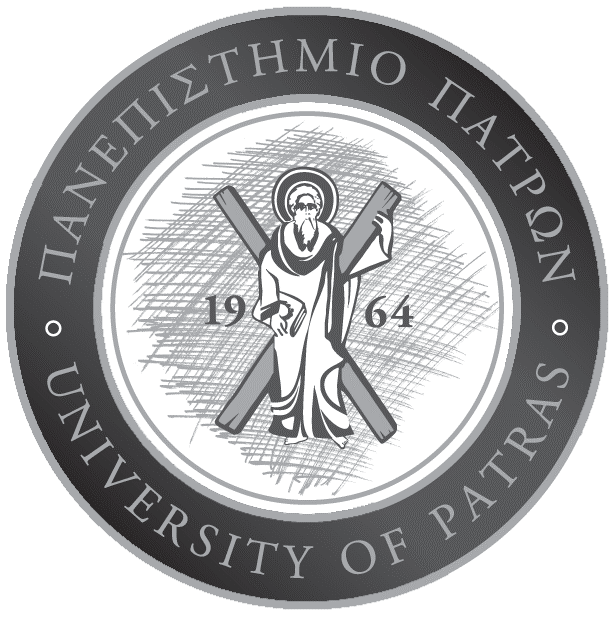Info
| Course Code | TAC446 |
| Semester | 8 |
| Category | Basic, Optional |
| Points | 3 |
| ECTS Units | 6 |
| Eclass | https://eclass.upatras.gr/courses/PHY2016/ |
Lecturer
Recommended Reading
1.An introduction to modern Cosmology, Andrew Liddle, Wiley ISBN-13: 978-1118502099
2. Cosmological Physics, J.A. Peacock, Cambridge University Press, ISBN:9780511804533
3.R. D’Inverno, Introducing Einstein’s Relativity, Oxford University Press, 1995.
4.J. N. Islam, An introduction to mathematical cosmology, Cambridge University Press, 1993.
5.R. A. Freedman, R. M. Geller, W. J. Kaufmann III, Universe, 10th edition, W. H. Freeman and Company, 2014.
6.J. L. Martin, Γενική σχετικότητα: Μία βασική εισαγωγή για φυσικούς, μετάφραση στην ελληνική γλώσσα της 2ης έκδοσης του ξενόγλωσσου βιβλίου, Παν/κές Εκδόσεος Κρήτης, 2003.
7.F. H. Shu , Αστροφυσική – Δομή και εξέλιξη του Σύμπαντος, Τόμος ΙΙ: Γαλαξίες – Ηλιακό Σύστημα, Παν/κές Εκδόσεις Κρήτης, 2003.
8.B. F. Schutz, A first course in general relativity, Cambridge University Press, 1985.
9.Cosmology Lecture Notes. K.N. Gourgouliatos.
Course Description
Learning Outcomes:
Upon completion of the course the student will be able to understand, describe topics that are the subject of Cosmology, describe the basic Cosmological observations and their interpretation through the Standard Model of Cosmology. The student will be able to apply the results of theoretical physics and astrophysics to cosmological objects. In addition, the student will be able to look up and critically study the results of the international literature and to understand the recent research results. The student will become familiar with the main principles and equations of Einstein’s General Relativity will solve them for some characteristic cases.
The student will be able to describe, qualitatively and quantitatively important epochs in the early Universe, such as the formation of elements and the emission of cosmic microwave background radiation.
It will be understood what are the main observable quantities that are used to draw conclusions about the structure of matter and the form of the Universe on a large scale.
Course Content:
Cosmology studies the structure and evolution of the Universe in large scales. The course will focus on three basic pillars:
1. Review of the most important astronomical observations that developed the main Cosmological Concepts and lead to the theory of the expanding Universe. Following that, Newtonian models will be presented. Next, a brief introduction to the essential concepts from the General Theory of Relativity will be discussed to derive the evolutionary equations of describing the evolution of the Universe depending on its content. The main distance definitions used in Cosmology will be discussed.
2. The early evolution of the Universe will be presented including the decoupling of the forces, the nucleosynthesis, the Cosmic Microwave Background Radiation, until the Dark Ages of the Universe and the Re-ionisation Era. The main physical mechanisms describing these phenomena will be discussed.
3. The Standard Model of Cosmology will be presented along with the challenged. Possible resolutions to the open problems of Cosmology will be dicussed.
Teaching: Face to face or distance learning if special circumstances arise.
Language: Greek or English.
Assesment: Written or oral exam. The exam may contain multiple choice questions, problems, essays, projects and oral presenation.


